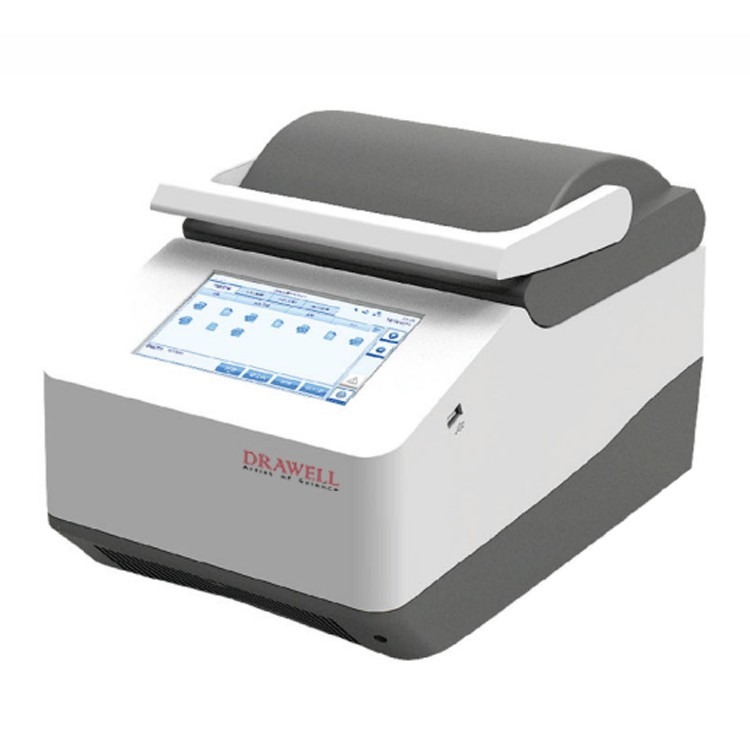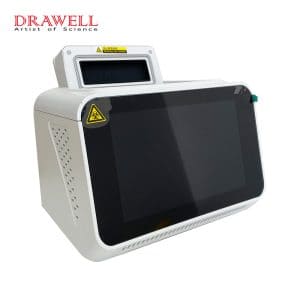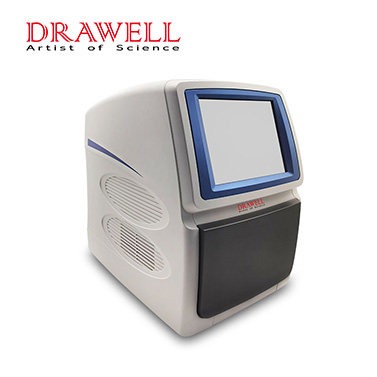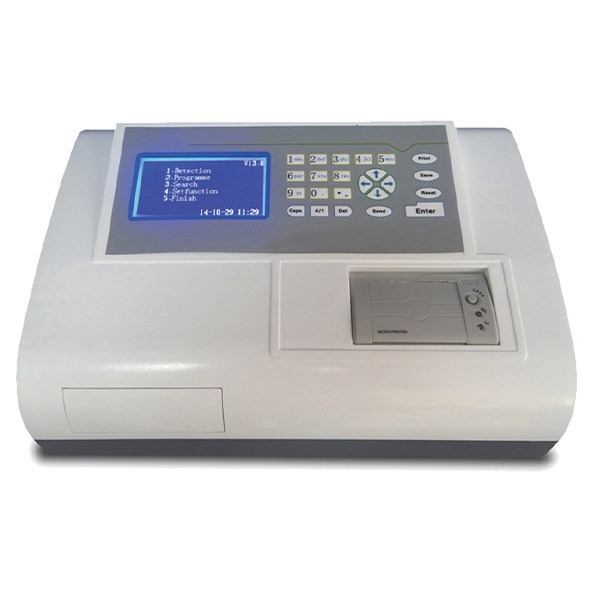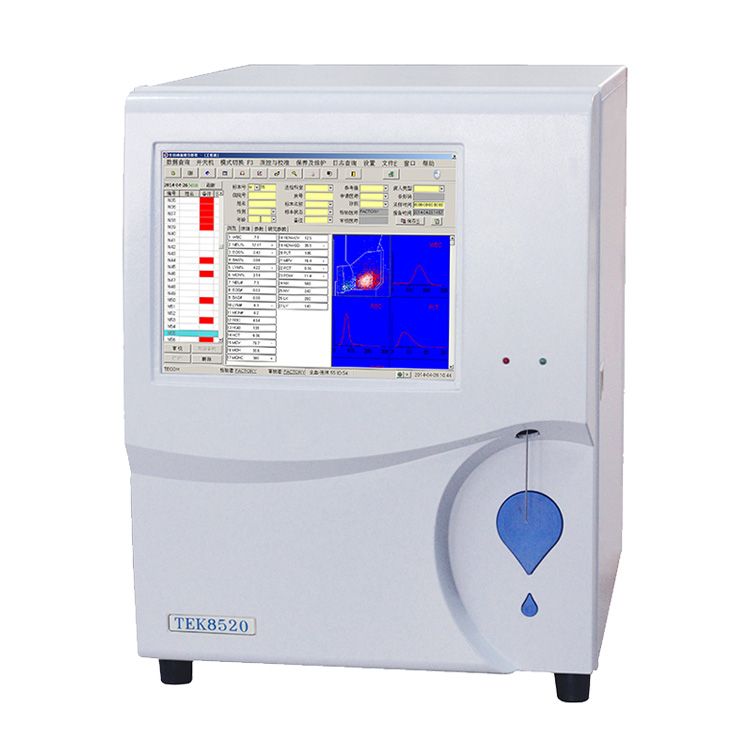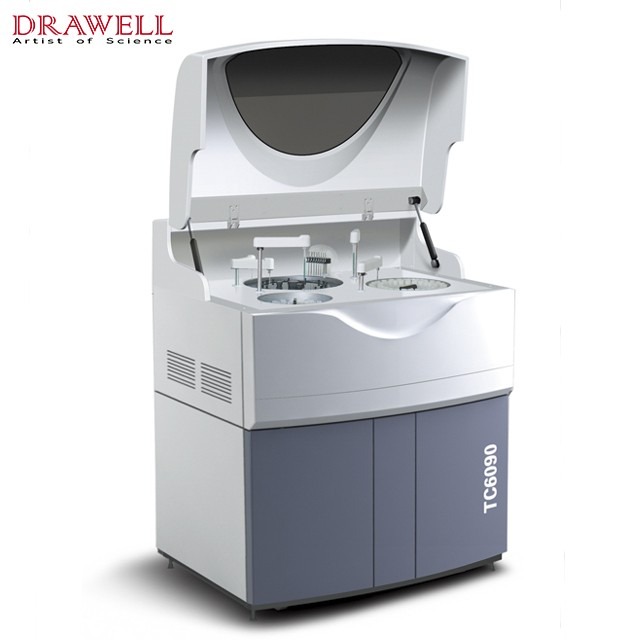PCR
Polymerase Chain Reaction (PCR) machines are laboratory instruments used to amplify DNA or RNA sequences exponentially. They utilize a cyclic process that involves repeated heating and cooling to separate DNA strands, anneal primers, and extend the DNA sequence using a DNA polymerase enzyme. Drawell PCR machines are equipped with precise temperature control, rapid heating and cooling rates, and user-friendly interfaces. They are widely used in various fields, including molecular biology, genetics, forensic science, and medical diagnostics.
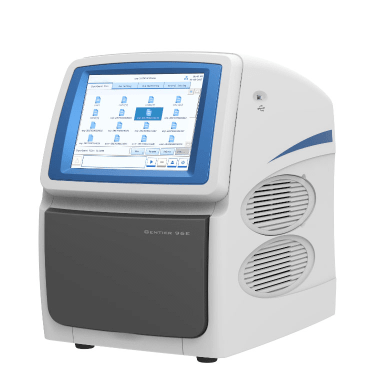
4 Types of PCR Instruments
PCR instrument is also called gene amplification instrument, generally divided into four types: ordinary basic PCR instrument, gradient PCR instrument, real-time fluorescent quantitative PCR instrument, and in-situ PCR instrument.
Ordinary PCR instrument Refers to a PCR instrument that can only run a specific annealing temperature for a PCR amplification
Gradient PCR instrument means that a series of different annealing temperature conditions (usually 12 temperature gradients) can be set for one-time PCR amplification.
In situ PCR instrument is an intracellular gene amplification instrument used to analyze the location of target DNA in the cell.
Fuorescence quantitative PCR instrument is based on the design of a common PCR instrument that adds a fluorescent signal excitation and acquisition system and a computer analysis and processing system to form an instrument with a fluorescent quantitative PCR function.
Applications of PCR
The application range of PCR instruments is very wide. Almost all life science fields are involved: food testing, clinical testing, disease control, inspection and quarantine, scientific research laboratories, food safety, cosmetics testing, environmental sanitation, etc.
- Basic nucleic acid research;
- Sequence analysis;
- Evolutionary analysis;
- Detect gene expression;
- Amplify the specific sequence from the cDNA library;
- Study the neighboring genes of known fragments or unknown DNA fragments.

Order Process of PCR

Why Choose Us?
- Rich categories.
- The products are market-oriented and exported to many countries in the world.
- Perfect sales system, efficient and fast after-sales service.
- On-time delivery rate reaches 100%.
- High-cost performance.

